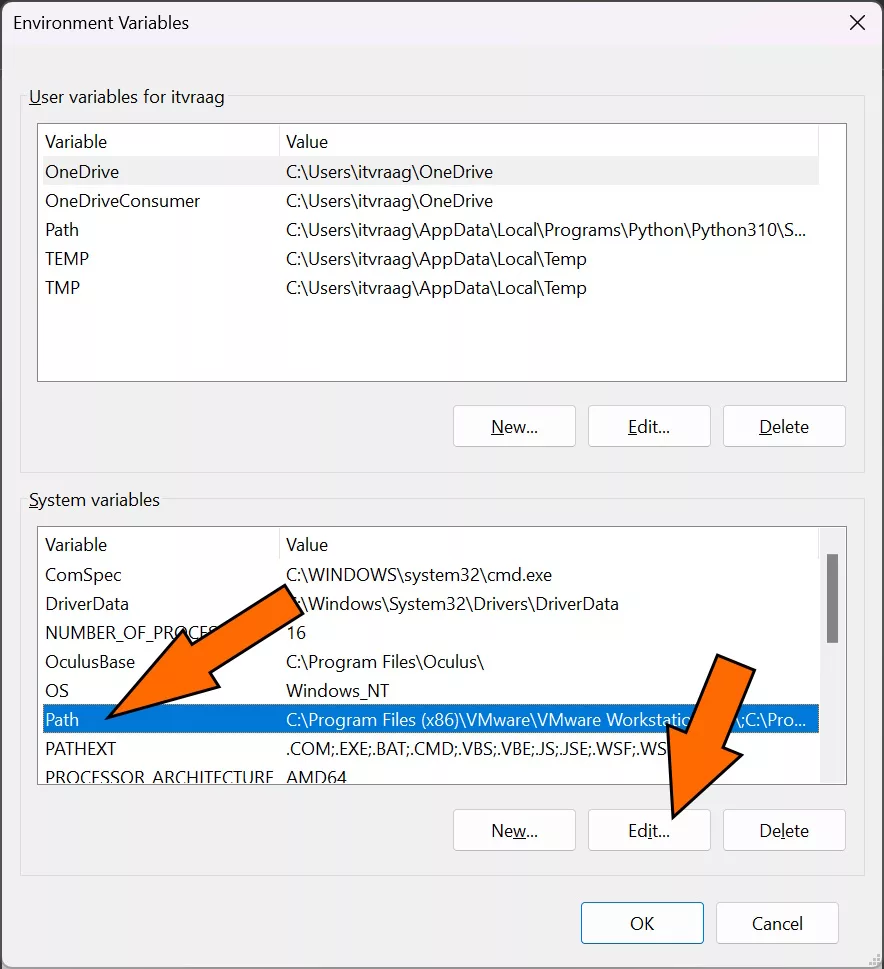Bash is a Unix shell, which is a command-line interface for interacting with an operating system. One of the useful features of Bash is the ability to perform arithmetic operations and manipulate numbers directly within the shell. In this blog, we will discuss how to perform arithmetic operations in Bash and provide examples of how to use them to increase productivity and efficiency.
Addition
The addition operator (+) adds two numbers together and returns the sum. It can also be used to concatenate strings.
Subtraction
The subtraction operator (-) subtracts one number from another and returns the difference.
Multiplication
The multiplication operator (*) multiplies two numbers together and returns the product.
Division
The division operator (/) divides one number by another and returns the quotient.
Modulo
The modulo operator (%) returns the remainder of a division operation. It can also be used to determine whether a number is even or odd.
Examples
Here are some examples of arithmetic operations in Bash using the $((expression)) syntax:
# Addition
result=$((2 + 2))
echo $result # Output: 4
# Subtraction
result=$((10 - 5))
echo $result # Output: 5
# Multiplication
result=$((3 * 4))
echo $result # Output: 12
# Division
result=$((10 / 2))
echo $result # Output: 5
# Exponentiation
result=$((2 ** 3))
echo $result # Output: 8
You can also use variables in your arithmetic operations:
a=5
b=10
result=$((a + b))
echo $result # Output: 15
Something that many people don’t know about Bash arithmetic is that you can use the let command to perform arithmetic operations. For example:
let result=2+2
echo $result # Output: 4
The let command is often used in looping constructs, as it allows you to perform arithmetic operations and assignment in a single step.
Calculate the difference between two timestamps:
start_time=$(date +%s)
# Run a long-running command here
end_time=$(date +%s)
elapsed_time=$((end_time - start_time))
echo "Elapsed time: $elapsed_time seconds"
Iterate through a range of numbers:
for i in $(seq 1 10); do
echo $i
done
Generate random numbers:
random_number=$((RANDOM % 10 + 1))
echo $random_number
Perform batch renaming of files using a counter:
counter=1
for file in *.jpg; do
mv "$file" "itvraag.nl_$counter.jpg"
counter=$((counter + 1))
done
Use the modulo operator (%) to check if a number is even or odd:
number=7
if (( $number % 2 == 0 )); then
echo "$number is even"
else
echo "$number is odd"
fi
Challenge
Now that you’ve learned about Bash arithmetic, try using it to solve the following problem:
Write a Bash script that generates a random number between 1 and 10, and then prompts the user to guess the number. If the user guesses correctly, the script should print “You guessed it!” and exit. If the user guesses incorrectly, the script should print “Wrong!” and prompt the user to try again until they guess correctly.
Good luck!



